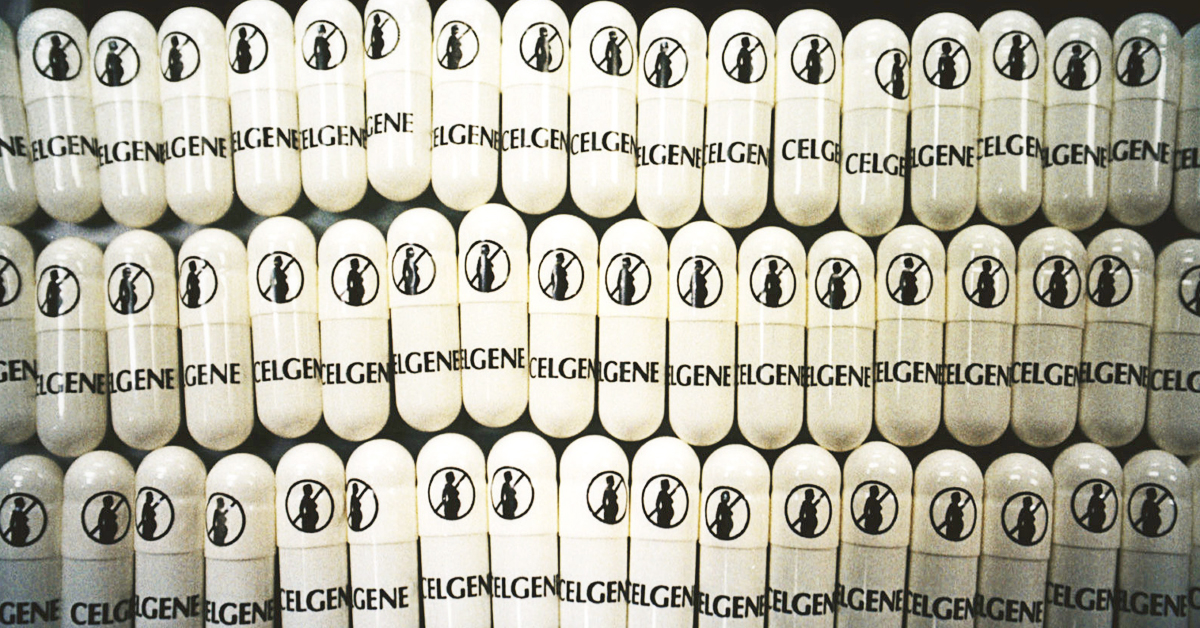In this week’s Innovation Partners BioBlog, we look at a new payment model unveiled by CMS as well as new deals between Walmart and CVS. A doctor examines the pros and cons of dispensing oral oncolytics through clinics rather than specialty pharmacies. One hospital is waiving payments until the government shutdown ends to bring relief to government workers, while the Trump Administration claims a victory in their battle against the rising cost of drugs. This and more in this week’s Innovation Partners BioBlog.

CMS unveils new payment model aimed at bringing down Part D catastrophic coverage spending
CMS has unveiled a new payment model for Medicare Part D. The goal is to bring down high drug spending, especially in the catastrophic coverage phase of the benefit. The Part D Payment Modernization model is voluntary, and plans that choose to participate would take on greater financial risk but keep savings should spending come in under a target set by the Centers for Medicare & Medicaid Services. Spending over that limit would be paid for by the insurer.
Read More
MedPAC recommends Congress target rebate traps, biosimilars to bring down drug prices
The Medicare Payment Advisory Commission (MedPAC) issued several recommendations recently. The recommendations include the idea that Congress should focus its efforts to reduce drug costs around making changes to Medicare Parts B and D, reduce reinsurance rates and improve biosimilar availability. MedPAC also recommended that certain drugs should be moved from Part B to Part D for better efficiency.
Read More
CVS, Walmart make nice, reach new multiyear deal to keep retail giant in Caremark’s network
It’s not a coincidence that CVS and Walmart have announced a new deal. Walmart said it would pull out of the Caremark pharmacy benefit management and Managed Medicaid retail pharmacy networks over a dispute in PBM pricing. The two companies eventually resolved their differences and signed a multiyear deal to keep Walmart in those networks.
Read More
Celgene, sold for $74 billion, leaves a legacy of chutzpah in science and drug pricing
A look back at Celgene and its bold maneuver to get thalidomide back on the market as a cancer drug. The company recently sold for $74 billion to Bristol, but not before it demonstrated how to chart new waters when it comes to pushing old drugs back onto a resistant market (and FDA) with new uses and forging new pricing for other drugs.
Read More
Health systems begin offering waivers for care to furloughed federal workers
RWJBarnabas Health announced it will waive co-pays, deductibles and additional eligible patient care balances for care provided to furloughed federal employees and their dependents during the government shutdown. The shutdown has passed the 30 day mark, and some families are feeling the effects on their wallets. RWJBarnabas Health stated their waiver includes all inpatient, outpatient, emergency and ambulatory-based care provided by RWJBarnabas Health facilities including its hospitals, ambulatory facilities and owned physician practices. Payments can be deferred until wages are reinstated.
Read More
Azar points to Amgen, Merck and Gilead as evidence of progress in curbing drug prices
The Trump Administration claims progress in its efforts to slow or halt rising drug prices. Health and Human Services Secretary Alex Azar said on Tuesday that Amgen, Merck, and Gilead have all cut the list prices on specific drugs. He also stated that the 2019 price increases were smaller than in 2018. The Trump Administration has aggressively pursued an agenda of reducing drug prices and often targeted pharmaceutical companies for added scrutiny around drug pricing.
Read More
Microsoft, Walgreens team up to develop new healthcare delivery models
Walgreens Boots Alliance Inc. (WBA) and Microsoft Corp. announced they will team up to develop new healthcare delivery models, including technology and retail innovations to disrupt the healthcare delivery space. Microsoft Azure, Microsoft’s cloud AI program, will pair with Walgreens’ outpatient healthcare and retail centers. The companies stated the effort will be multiyear and include research and development. The stated goal is to find solutions that improve outcomes and reduce costs.
Read More
The Benefits of Medically Integrated Dispensing for Cancer Drugs
A look at the different ways in which oral oncolytics are dispensed. Currently, large insurance companies demand that these drugs are dispensed through mail order pharmacies. However, there’s a new push to see such medications dispensed through clinics. Drugs dispensed through clinics could then be verified and monitored for effectiveness immediately. The drawback to specialty pharmacies such as mail order pharmacies is the time delay, with patients waiting two weeks or more for their medications.
Read More




